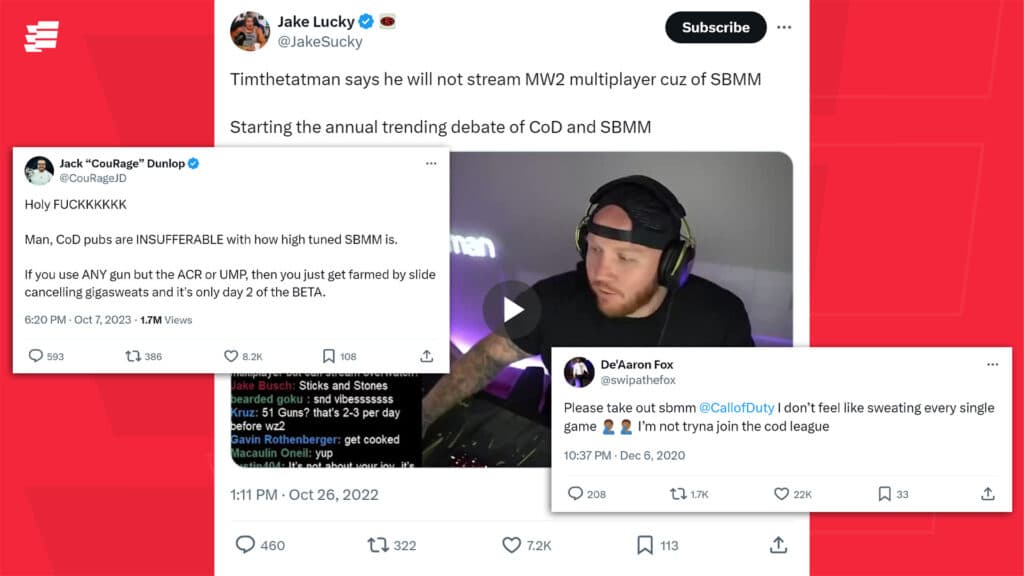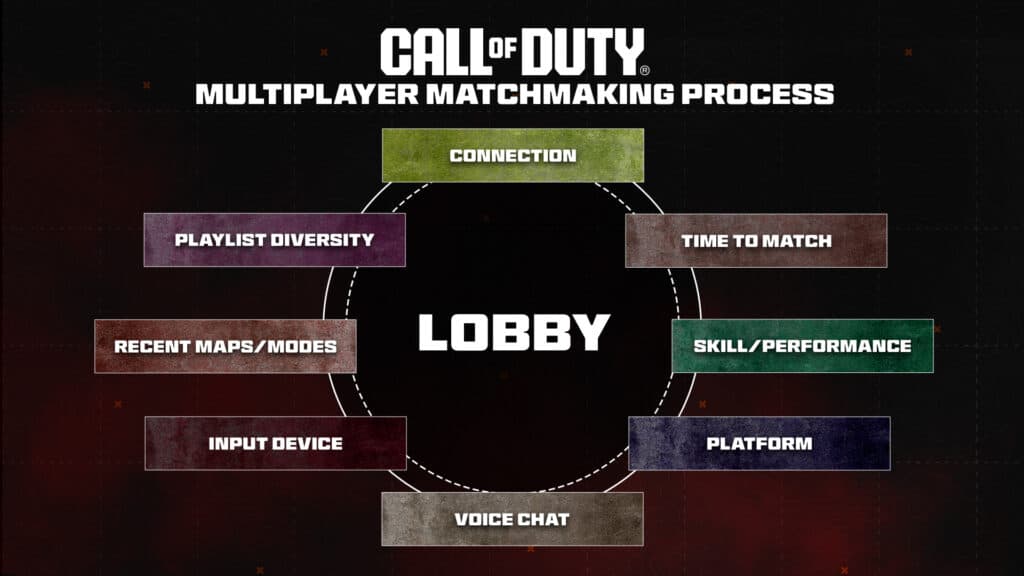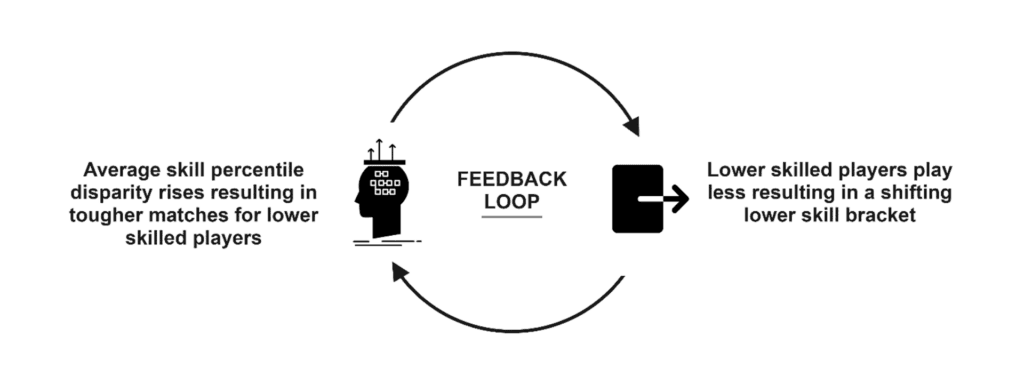The data has arrived, and Call of Duty’s skill-based matchmaking is here to stay.
Skill-based matchmaking (SBMM) has been a hotly-debated topic within the Call of Duty community for years. Many of the game's biggest content creators and most passionate players regularly express their dislike for it.
However, a recent white paper published by Activision finally provides data that should put the issue to rest. Unfortunately for the haters, the publisher found that 80-90% of players benefit from SMBB. Needless to say, the feature will not be going anywhere anytime soon.
CoD's skill-based matchmaking is hated by a vocal minority
Content creators Timthetatman, CouRage, and NBA player De'Aaron Fox are but a few of the influential names that have complained about Call of Duty's SMBB over the years. Their dissenting opinions easily amass thousands, if not tens of thousands of likes from the community.
Their main critique is that the game's SBMM ruins the multiplayer experience by making games too competitive and difficult to win. Many on social media express nostalgia for when they could get their killstreaks with a fraction of the effort.
Activision is studying the matchmaking process
While SBMM hate seems to receive lots of support on social media, it's important to remember that Call of Duty is one of the most successful video game franchises ever. Thousands of Twitter likes is nothing in comparison to the 126 million active players in January of 2024.
To discover what's truly the best for their massive player base, Activision has launched a series of white papers. In these, the publisher closely examines the effects and relative importance of each factor in the matchmaking process. The most recent paper, The Role of Skill in Matchmaking, takes a deep dive into the controversial topic of SBMM.
Skill-based matchmaking in Call of Duty is here to stay
Over the course of one month, Activision experimented with various degrees of SMBB in Call of Duty: Modern Warfare 3. They recorded how different levels of skill disparity within lobbies affected player quit rate and overall retention. Ultimately, they found that with SBMM enabled "80-90% of players experience better end-of-match placement, stick with the game longer and quit matches less frequently."
Additionally, Activision determined that a lack of SBMM in the game would result in a feedback loop of increasingly poor player retention. If low-skilled players are quitting, then slightly higher-skilled players will become the new low-skilled players. Once they begin to feel the negative effects of no SBMM, they will quit, too. Thus, the cycle will continue, "likely resulting in a player population of only the best of the best, and a very unwelcoming experience for any new players."
As the cherry on top, the white paper confirms that there has been some form of SMBB in every Call of Duty title since 2007. This implies that there may be other, more logical reasons for SBMM-haters to feel the way they do. It's possible they simply have gotten worse over time, leading to the increased feeling of difficulty. Perhaps a future white paper will shed some more light on the matter.
Stay tuned to esports.gg for more esports news and Call of Duty coverage.


